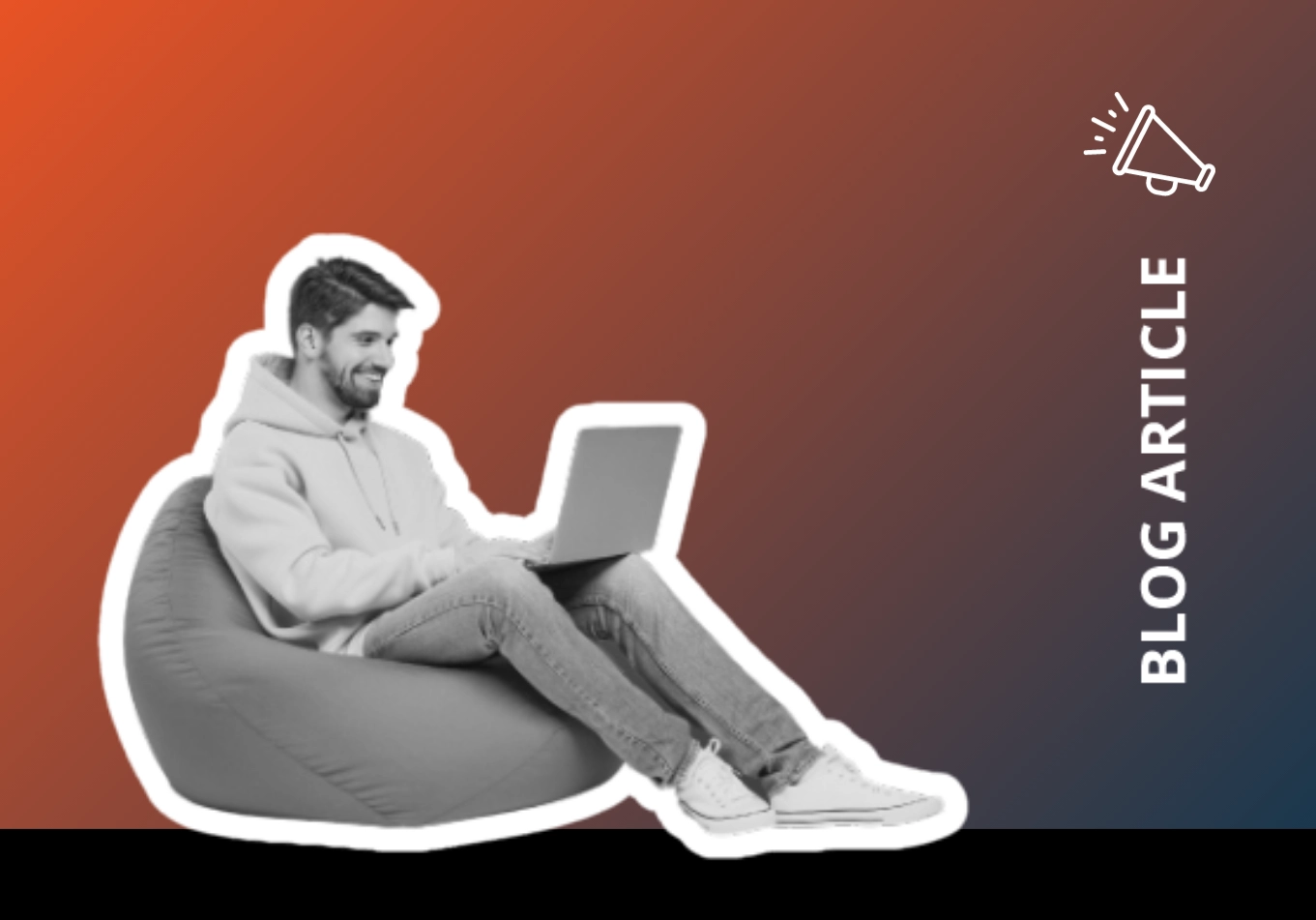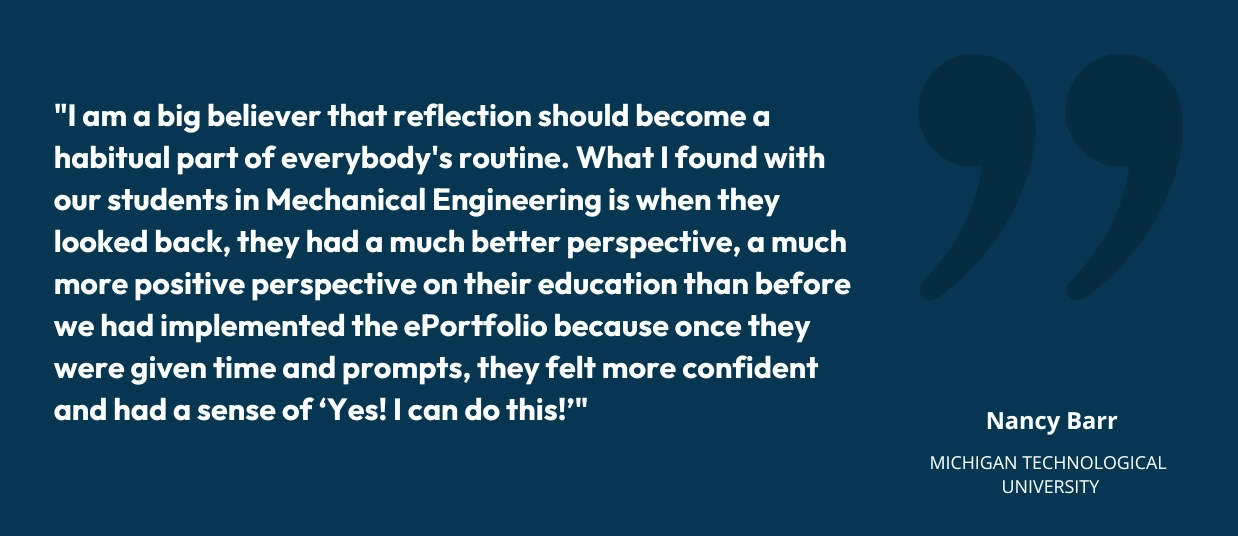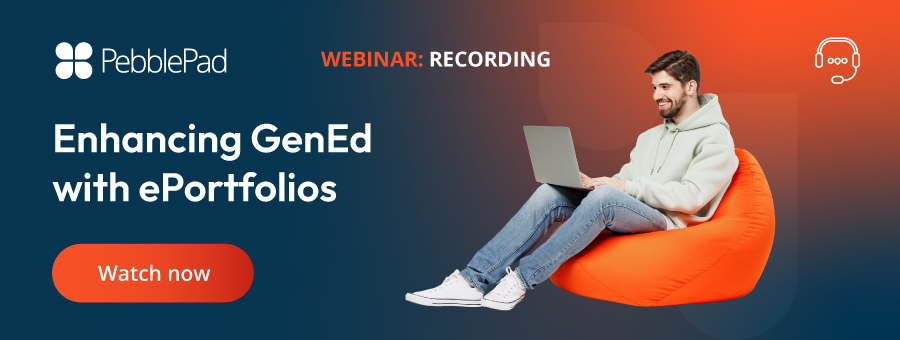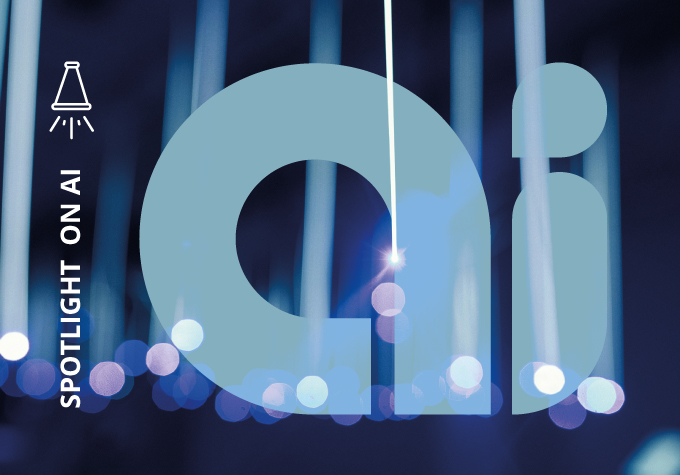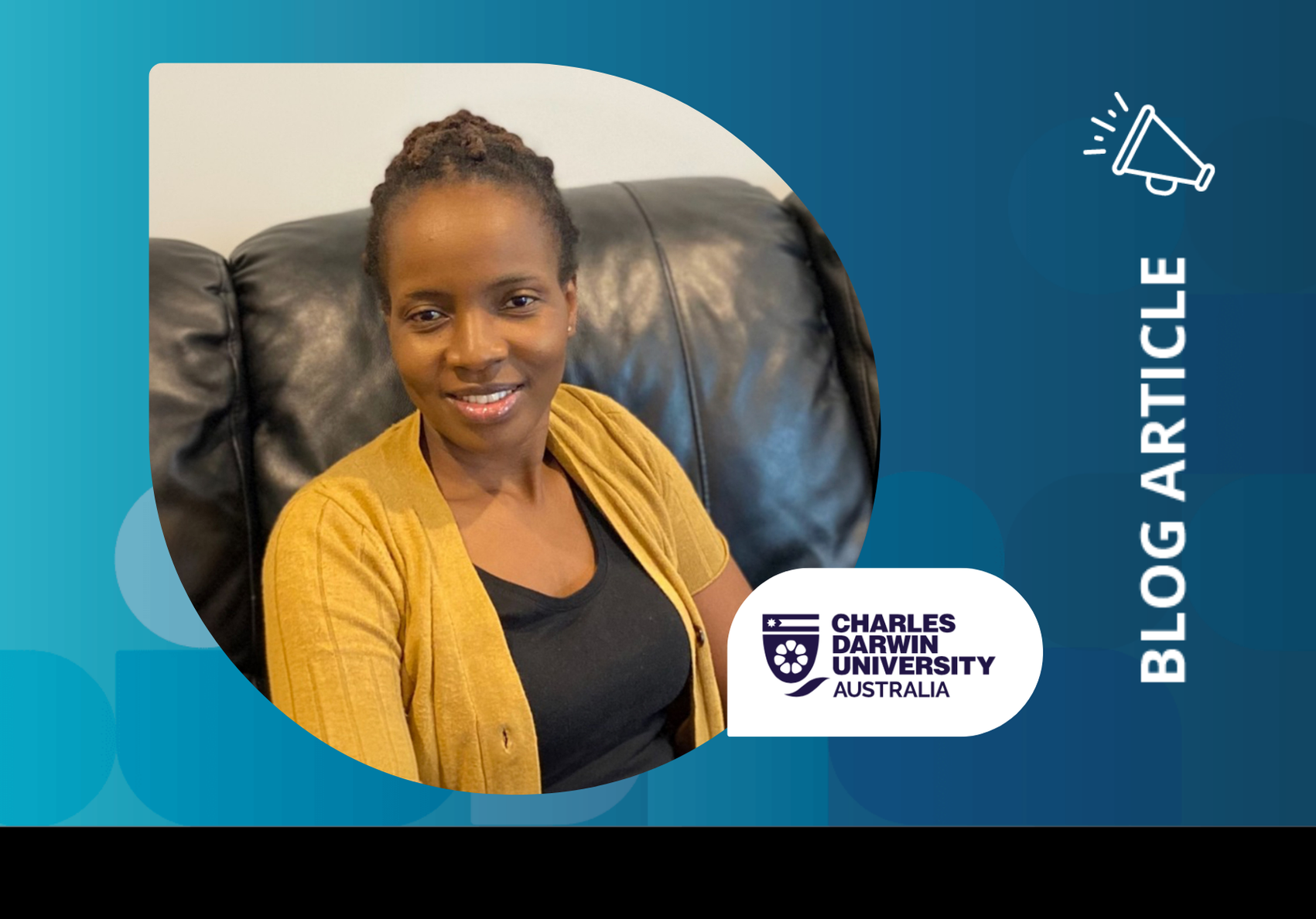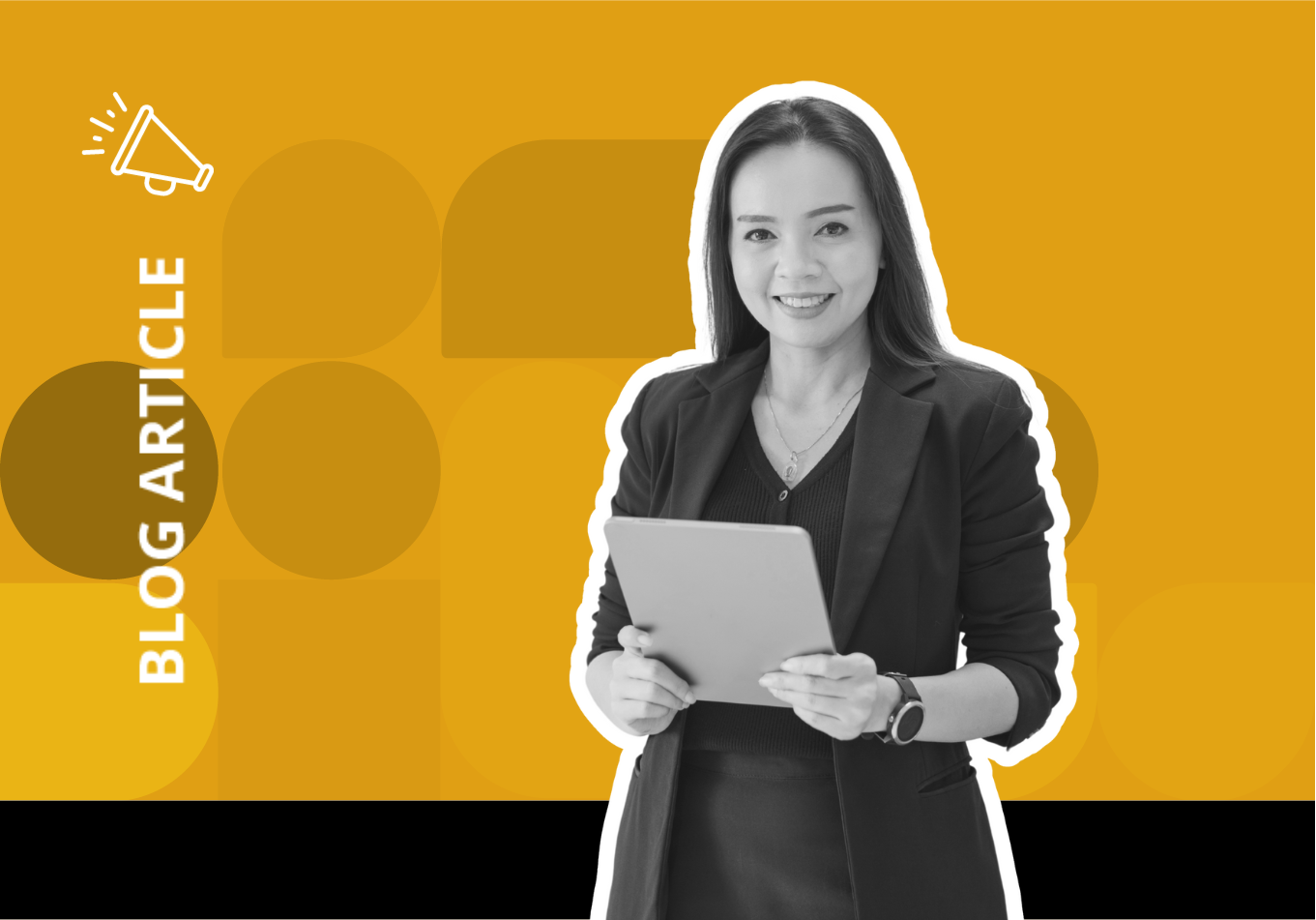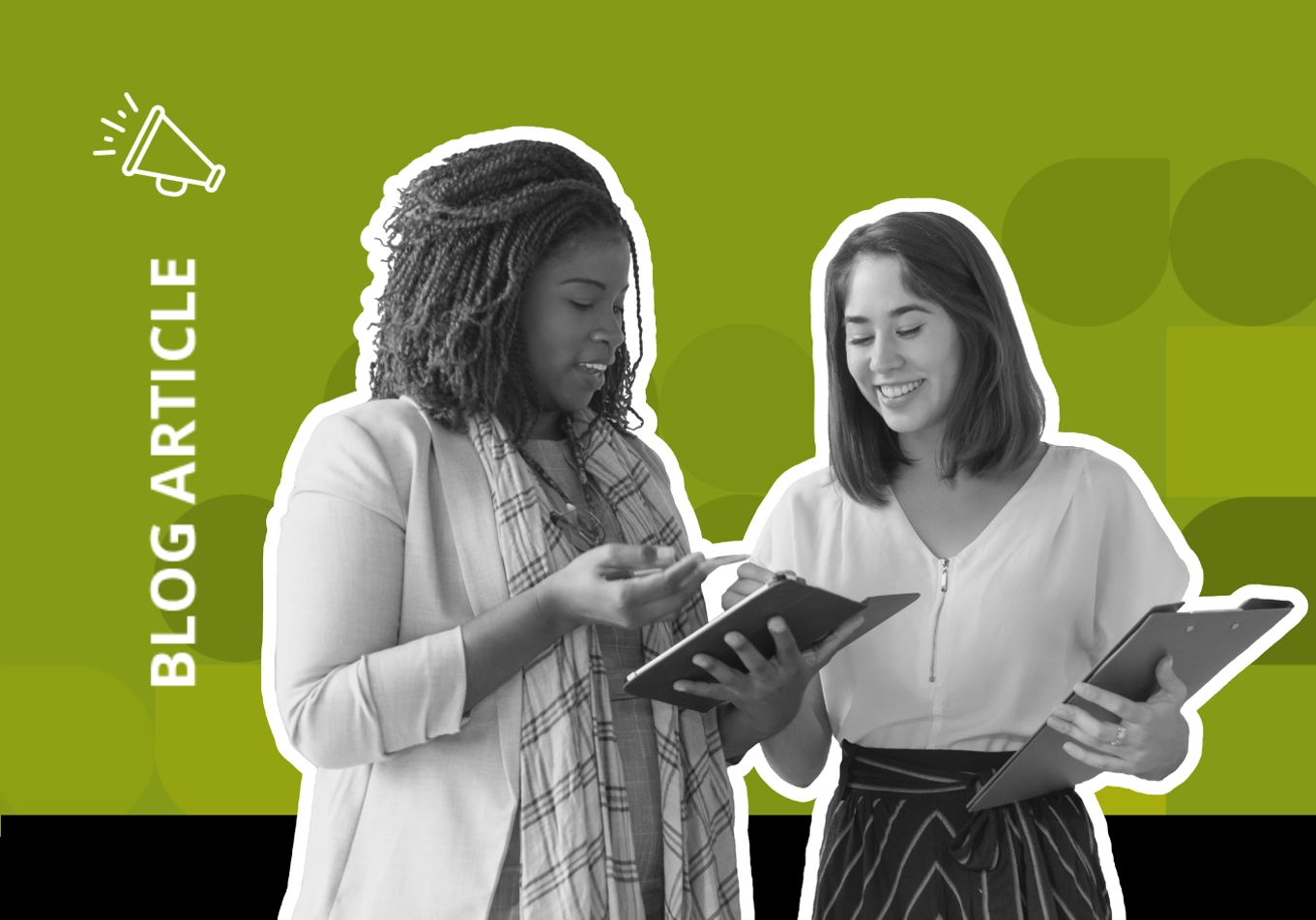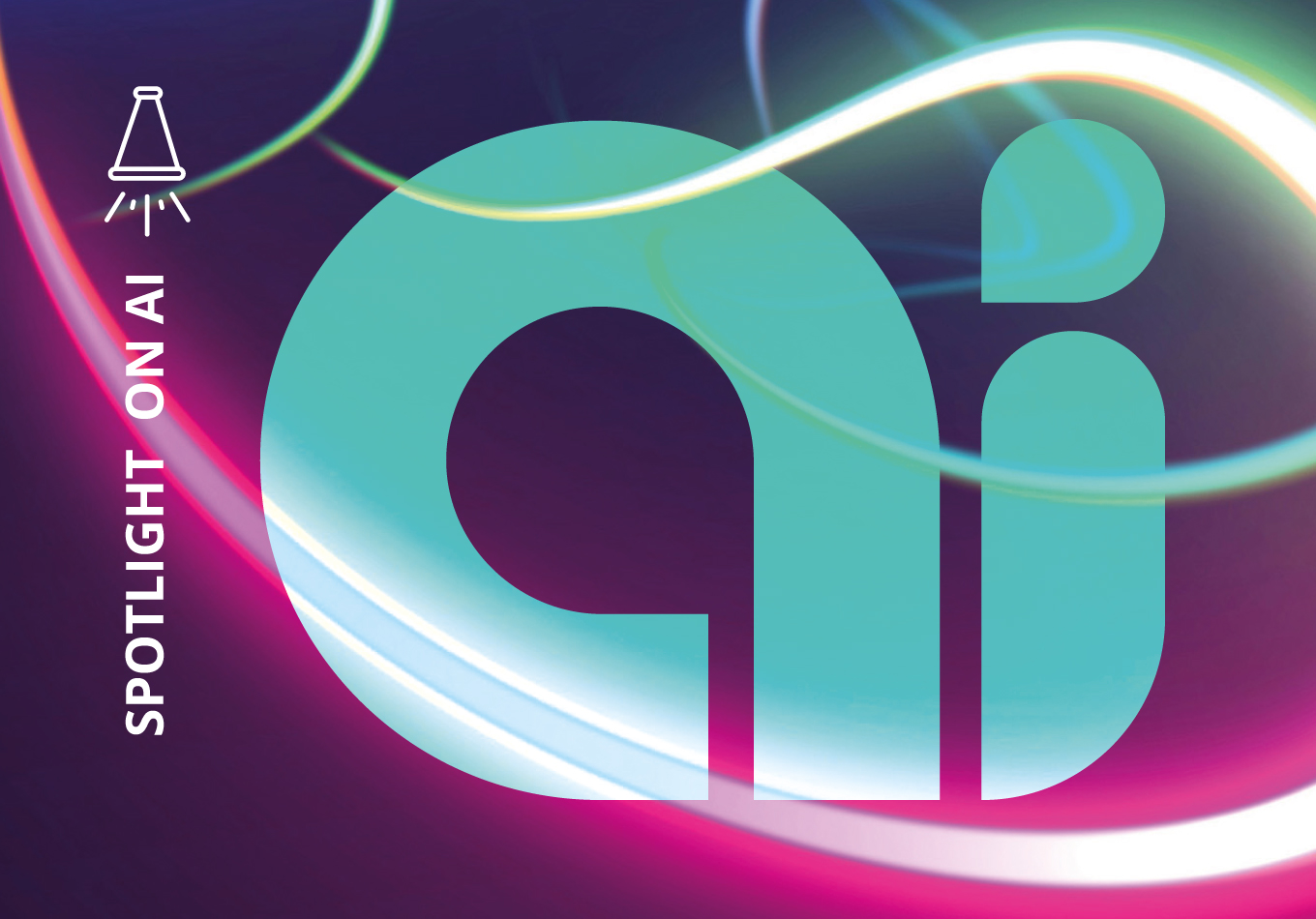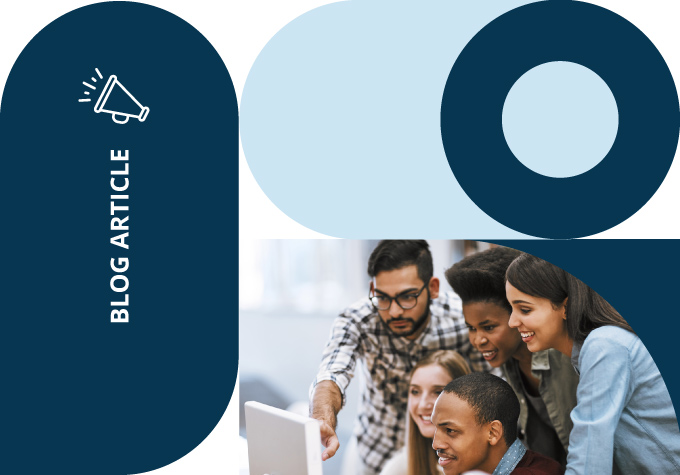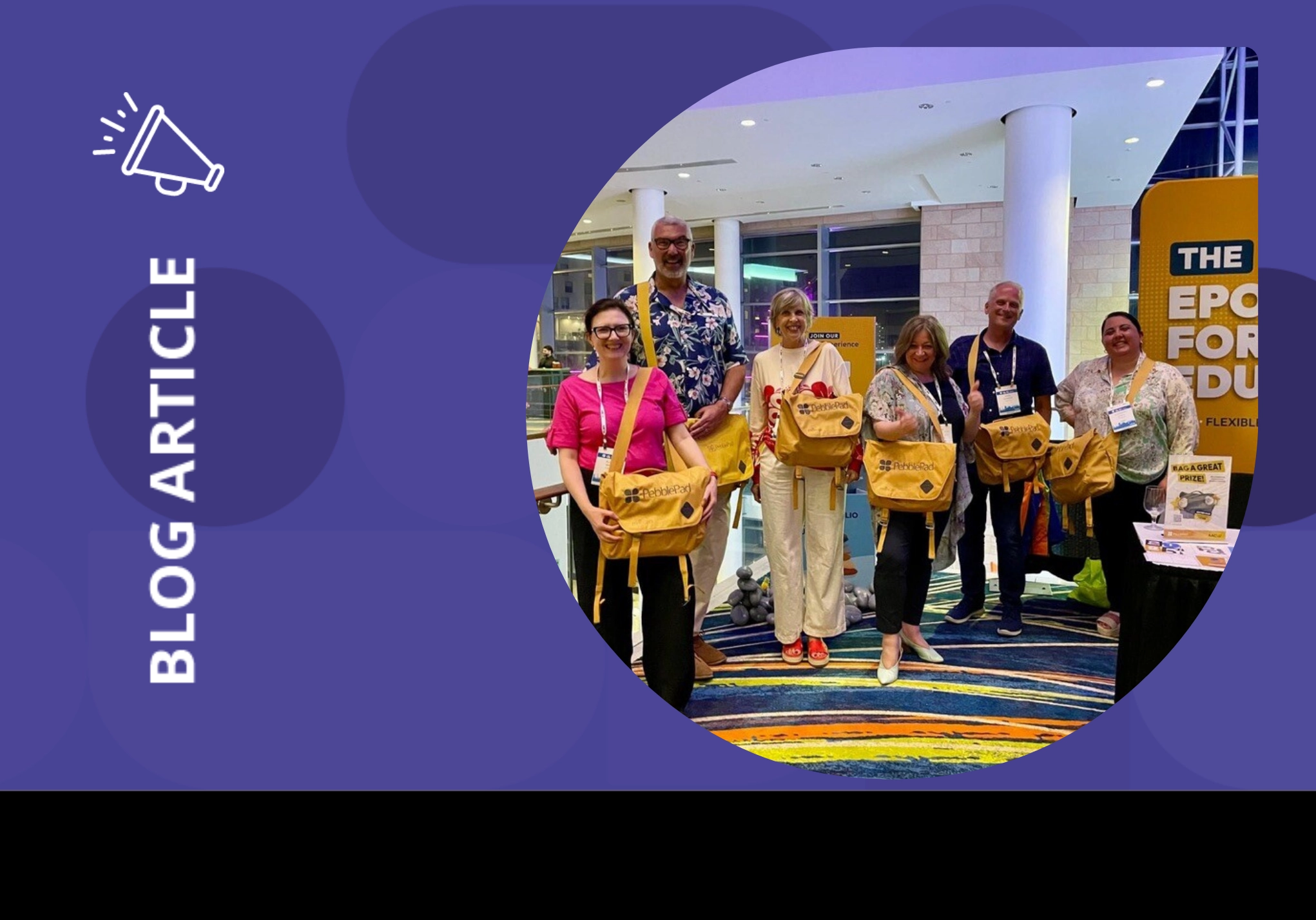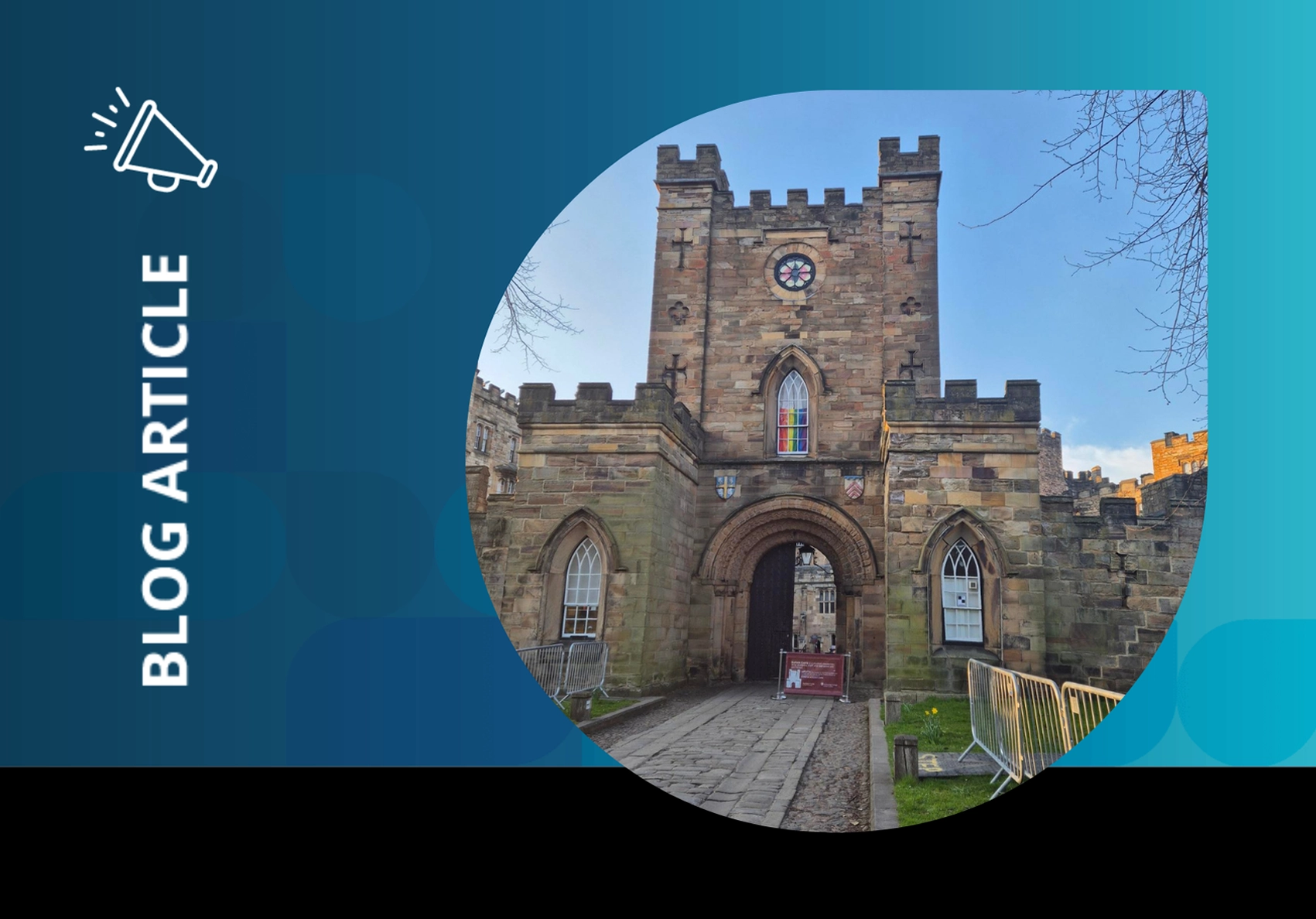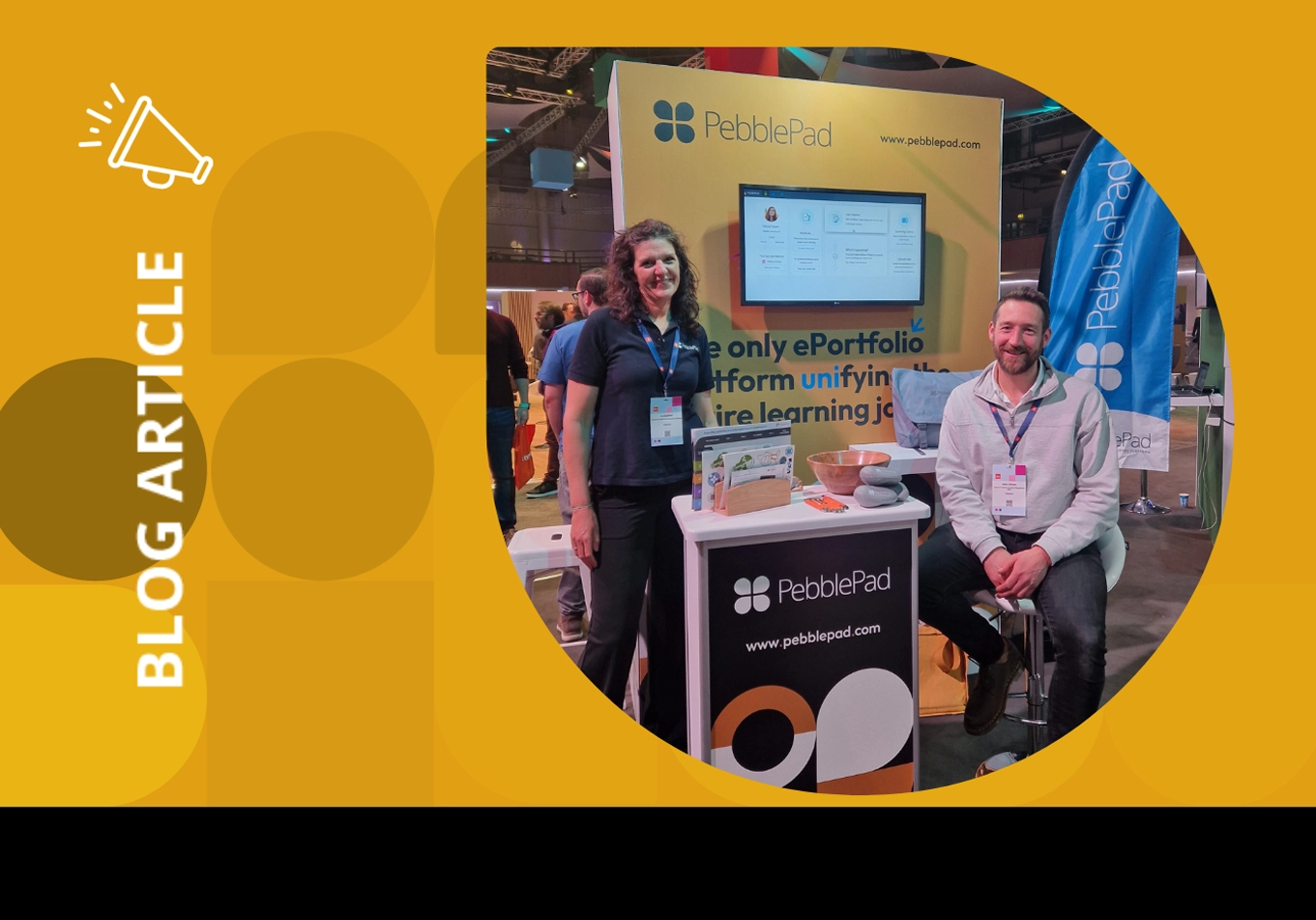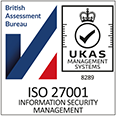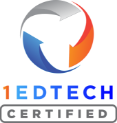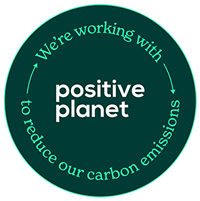Discover the key insights from PebblePad’s recent webinar featuring leaders from The Ohio State University and Michigan Technological University who shared their experiences and strategies for reforming General Education programs.
As PebblePad’s Director of North American Partnerships, it was an honor to co-host and facilitate our recent webinar ‘Enhancing General Education with ePortfolios’. After all, General Education and ePortfolios are topics near and dear to my heart and are of utmost importance in today’s educational landscape.
Enduring power
It’s why before we dive into the panel presentations, I want to offer a quick overview of how General Education serves as the academic foundation for students and why it – and, in turn, the expert panellists in PebblePad’s webinar – are so important to learners’ future success.
First, General Education’s approach allows students to build competencies and dispositions across multiple disciplines, including mathematics, writing, sciences, social sciences, and humanities. Second, it helps students gain a broader understanding of disciplines outside their major, fostering the development of durable skills such as critical thinking, cultural awareness, communication, and teamwork.
Finally, it gives students the opportunity to explore potential career paths and most importantly, become engaged and informed citizens.
Meet the Experts
For the webinar itself, I was joined by my colleague, Vanessa Knox, the Director of Business Development for PebblePad North America, and a panel of expert educators including:
- Alan Kalish, Assistant Vice Provost at Ohio State University
- Missy Beers, Senior Director of the Launch Program at Ohio State University
- Maria Bergstrom, Associate Dean from Michigan Technological University
- Nancy Barr, Assessment and Writing Support Specialist from Michigan Technological University.
After a warm welcome to our panellists and participants near and far, it was time for Michigan Technological University and Ohio State University to take center stage and introduce us to their innovative programs for optimizing General Education with ePortfolios.
Michigan Technological University: Essential Education Program
Officially set to launch in fall 2025, the program – called Essential Education (see below) – focuses on twelve essential abilities for learning goals condensed into four themes: Think Critically, Communicate, Adapt, and Transform.
Key highlights of the program include:
- Integrated ePortfolios: Students are introduced to the PebblePad ePortfolio in a first-semester seminar. From this starting point, it is embedded throughout Essential Education with students connecting an assignment and a reflection to each of their classes.
- Capstone experience: A civic engagement capstone experience with a specific ePortfolio requirement.
- Interdisciplinary minors: Up to 15 Essential Education minors are available, allowing students to fulfill the program’s requirements while earning a credential in themes such as sustainability, leadership, entrepreneurship, markets and society, and creativity and expression.
The ePortfolio program – called Huskyfolio – aims to support this integrative learning approach and document student learning. It achieves this by helping students make connections between their General Education and disciplinary courses, which is particularly important within an engineering-focused institution like Michigan Tech.
Although the primary goal of the program is to document and support integrative learning, it also aids with Essential Education and degree program assessment. The ePortfolio approach can offer insights into student and program outcomes as well as provide a better understanding of how students are experiencing the program.
Testing times
Developing the new program involved extensive faculty-led testing, piloting, and revisioning over five years using design thinking strategies. The decision to rename the program from ‘General Education’ to ‘Essential Education’ was strategic, emphasizing its foundational importance and applicability to all students. Communication with faculty about the changes, benefits, and alignment with student goals was also crucial throughout the design process.
Ohio State University: General Education Program revamp
In December 2016, Ohio State University embarked on revamping its General Education program, which had been in place since 1988. The process began with over 100 extensive listening sessions across the university community to gather feedback on the existing program and source ideas for improvement. By October 2020, all 14 undergraduate-serving colleges agreed on a new program, which launched in fall 2022.
Key issues identified during the listening sessions included:
- Lack of understanding: Students did not understand the purpose of General Education.
- Program size: The program was too large, requiring a minimum of 44 credit hours out of 120 total, leaving little room for other interests.
- Introductory focus: The program consisted mainly of introductory classes and lacked depth.
The revamped program addressed these issues with a new design featuring:
- Launch seminars: An introductory seminar for first-year students to understand the purpose of General Education and how to connect their interests to it.
- Disciplinary foundations: Seven foundational courses across different disciplines, reduced from the previous 14.
- Upper division multidisciplinary theme courses: Students take courses in themes such as citizenship for a just and diverse world with the option to choose additional themes.
- Reflection seminars: A capstone seminar where students reflect on their learning and growth.
Folio thinking
PebblePad’s ePortfolios were integrated into the launch and reflection seminars, which are small classes designed to help students document and reflect on their learning experiences. The program emphasizes ‘folio thinking’, encouraging students to be autonomous agents of their own learning and to make connections between their General Education and disciplinary courses.
The Launch seminar is designed to be discipline-agnostic, fostering collaboration among students from different majors. It focuses on academic skills, technology skills, and self-reflection, and offers a space for learners to plan and think about what they want to get out of their General Education experience.
The Reflection seminar, an online synchronous course taken prior to graduation, provides an opportunity for students to reflect on their experiences, academic growth, and development throughout their time at OSU. It emphasizes metacognition, encouraging students to think about their learning processes and how these experiences have shaped them.
Creating connections
OSU’s General Education program enables students to make connections across different experiences and contexts while documenting their learning through ePortfolios. This reflective practice helps students see the relevance of their coursework and experiences, creating a cognitive space for making connections in an otherwise fragmented educational journey.
Ultimately, the revamped program aims to provide a more coherent, flexible, and meaningful General Education experience for students, helping them become well-rounded and engaged citizens.
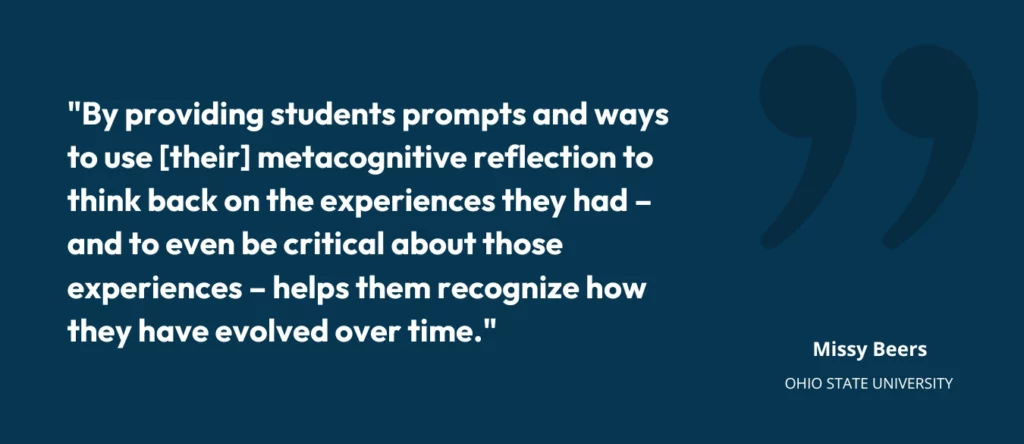
How to reform GenEd programs: Big questions, insightful answers
Once the program deep-dives were over, I took the opportunity to ask our panellists several key questions to glean their expert insights into best practices for General Education reform:
How did you identify the challenges you faced when managing change during the process and what strategies were used to overcome them – or at least lessen their impact?
All our panellists agreed that change is hard, particularly when it impacts so many constituents – faculty, students, staff, administration. To overcome this challenge, it’s important to:
- Be clear about what you are asking faculty and students to change – and what you are not asking them to change – plus provide them with ample support throughout the process.
- Listen to all constituents. Both schools held multiple listening sessions to learn about where the challenge points were on campus, all while highlighting why the change will better support student learning.
- Remember to share back to constituents, i.e., “this is what we heard you say” and to communicate, communicate, communicate.
- Frame the change as an opportunity for faculty to rethink their courses as well, focusing on the pedagogy of reflection whether it’s in a humanities class or an engineering course.
- Have a visible and vocal champion in central administration who continuously supports the program and identifies early adopters.
What can be done to ensure any efforts related to General Education transformation are ethically grounded to improve academic success and opportunities for all?
- At both schools, the ePortfolio is universal. Every single student is exposed to what an ePortfolio is, how to use it, and why to use it.
- Help students recognize that they are autonomous agents of their own learning and that they can use ePortfolios in whatever way they want for the benefit of their own learning and future success.
- An ePortfolio by its very nature simply asks students to tell us their story, and it institutionally values student experience by saying: “Tell us your story in your context.” Student reaction to this is often: “Wow! Nobody’s really asked me this before!”.
- The Career Center can leverage ePortfolios to help level the playing field for job-seeking students. The digital platform is especially valuable for those who face challenges in traditional job search components, such as interviewing or writing cover letters. Using ePortfolios provides an alternative way for these students to showcase their skills and accomplishments to potential employers.
How does your General Education program equip students for lifelong learning beyond career and preparation?
- Incorporating and building a habit of reflection helps students confidently articulate what they know and how they know it because they have thought deeply about their learning over time.
- As a benefit of General Education, students are gaining an understanding that people see the world in different ways. It’s all about metacognition – the ability to think about the world from different perspectives.
- Helping students connect the dots and recognize that what they’re learning will apply to their entire life.
Wrapping up
As the webinar came to an end, we gave our panellists the opportunity to offer their final thoughts:
“When you start into the ePortfolio world, there’s just so much possibility, and we’re not gonna get all the Legos out of the box at once because it can be very overwhelming. So get excited but then start small and think primarily about what you want your students to get out of it. That’s been helpful for us as a way to prioritize.”
• Michigan Technological University
“What we are really excited about as reflection takes shape is engaging in student self-assessment and instructor self-assessment. And one of the things that we are learning from the self-assessment of students, is what support our very large pool of instructors, new to this process, need to be able to make it work. These are things that we would never have considered before.”
• Ohio State University
Webinar takeaways
Here are the webinar’s key takeaways for successfully optimizing General Education using ePortfolios:
- Ensure there is ample support in place for faculty and students.
- Clearly articulate the purpose of the ePortfolio to all stakeholders.
- Select the appropriate tool to ensure it effectively supports pedagogical goals.
- Use the strategy of ‘plan, test, pilot, revise, test, repeat’ to deliver success.
- Communicate clearly by utilizing different ways to share your vision with the community.
- Be patient as it takes time to design and deploy change.
- Crucially, taking this time builds trust with all constituents that the program will deliver on its goals.
Watch the webinar
View a recording of the full webinar for more detailed insights on how ePortfolios can transform the future of General Education.


